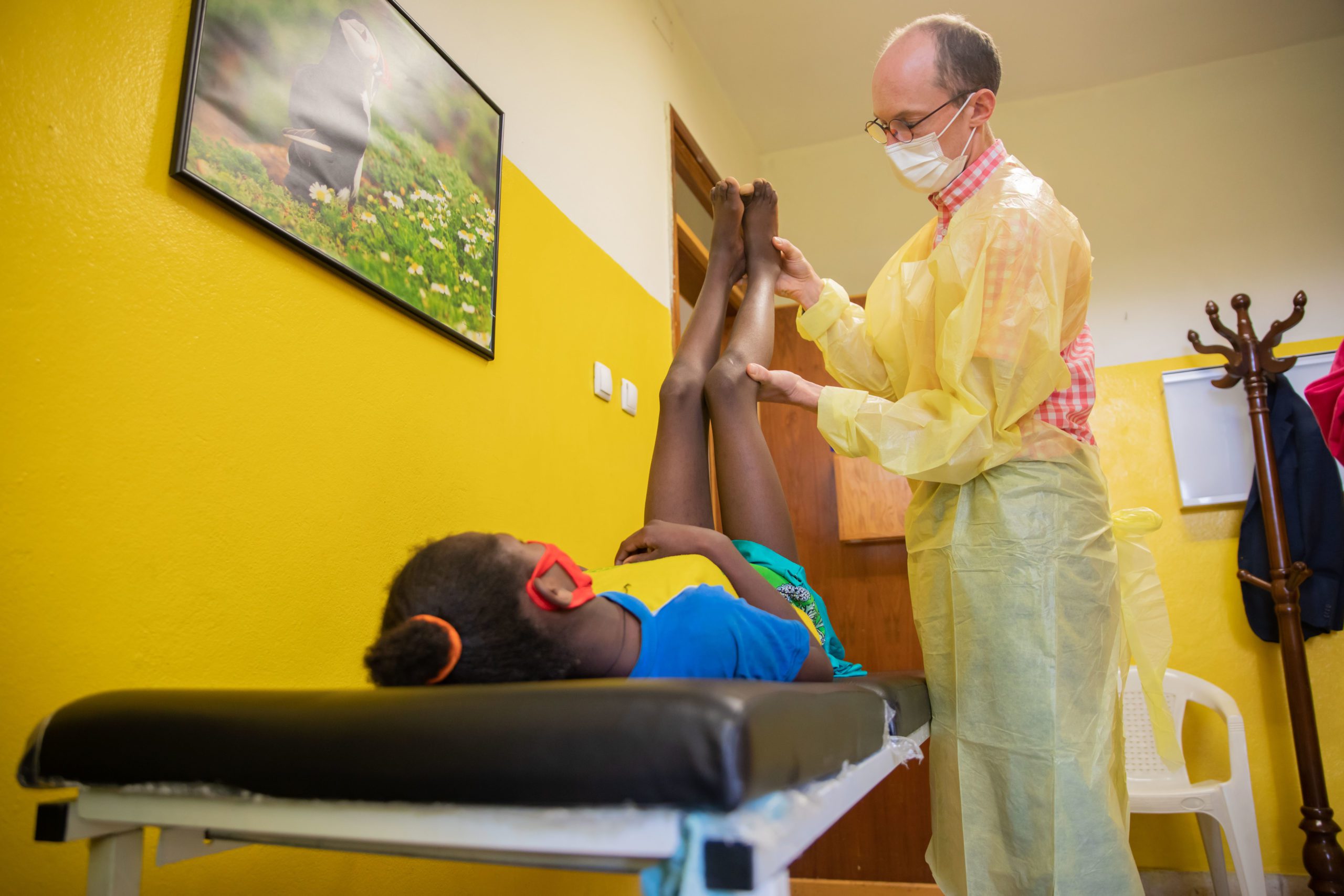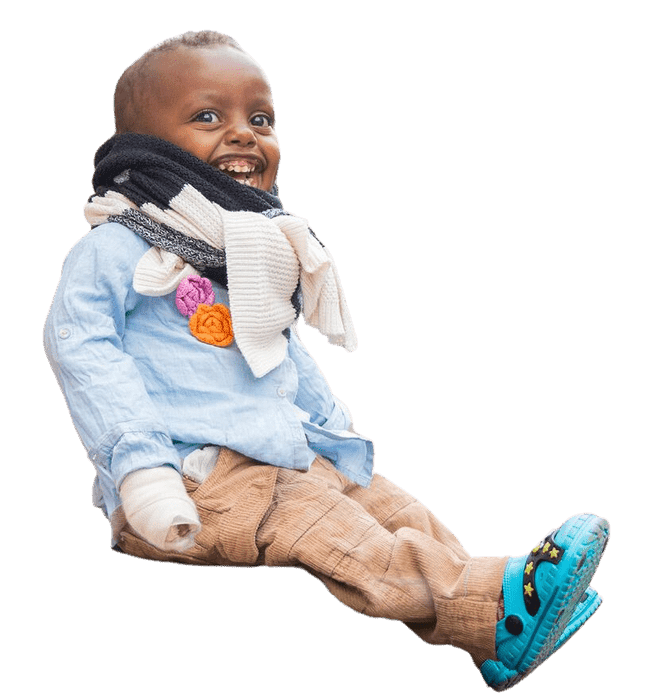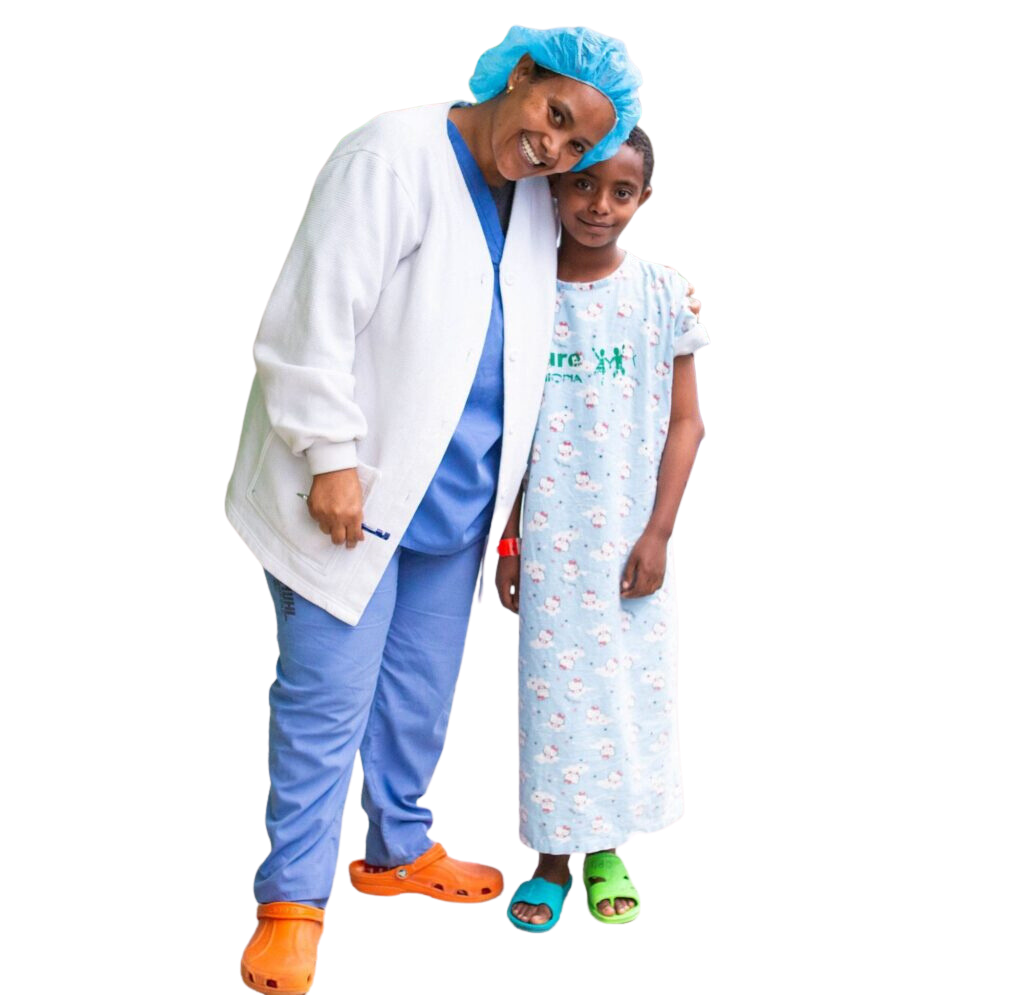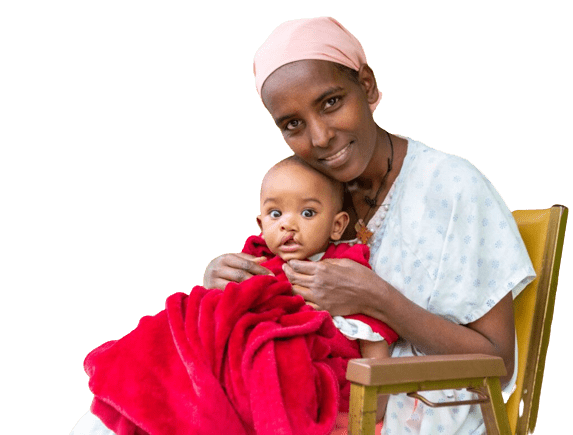Laurence Wicks is the newest CURE Ethiopia orthopedic surgeon. He has traveled the world working in the UK, South Africa, and Ethiopia although it hasn’t always been this way. In fact, it wasn’t until medical school that Laurence first set foot on a plane, but it’s been a whirlwind since then.
Born and raised in the UK, Laurence attended Leicester Medical School. He had originally contemplated a path in engineering or chemistry but was ultimately drawn to medicine. It was at Leicester that Laurence realized he was drawn to the hands-on approach that surgery offered. After interning at Leicester, Laurence completed his surgical training at the nearby Queen Elizabeth Hospital in Birmingham where he worked in the surgical trauma and orthopedic unit that treated soldiers and civilians injured in Afghanistan. It was here that he learned the importance of teamwork and going the extra mile to do the right thing for the patient. Lessons he would carry throughout his career.
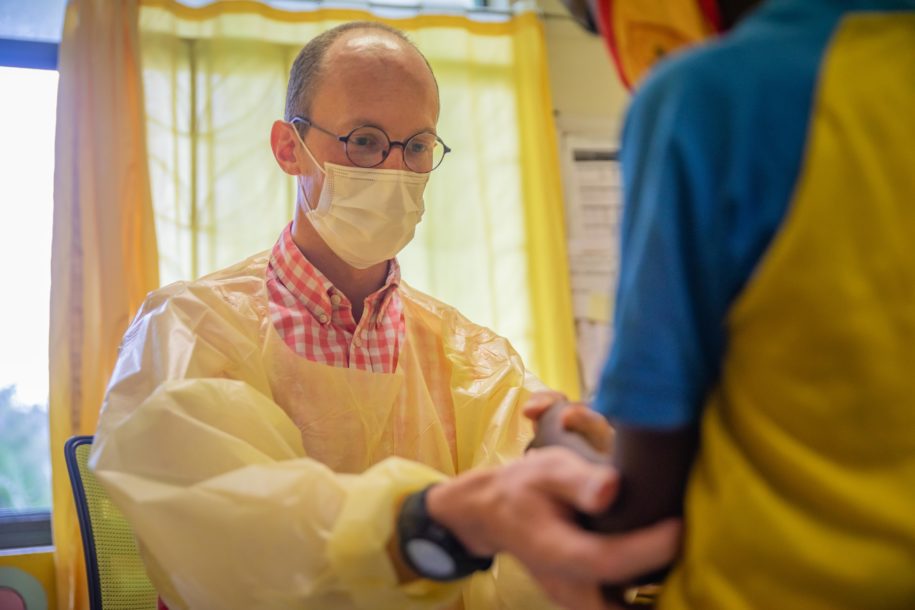
After his surgical training was completed, Laurence decided to expand his options past the British borders and ended up accepting a position at a hospital in Zululand, South Africa. While not necessarily a planned expedition, the position met many of Laurence’s personal career goals and was close to his wife’s family who is originally from South Africa. “I don’t know how much more obvious God could have made it that this is what we should be doing,” Laurence chuckles.
The hospital in Zululand treated many trauma patients mostly from car accidents and gunshots, and this enabled Laurence to build on his experience. The unit also saw many children too. Laurence was trained and then put in charge of running the hospital’s clubfoot clinic. Interestingly enough, this clubfoot clinic had originally been started by CURE Ethiopia surgeon Tim Nunn, who had worked at this hospital several years prior to Laurence’s arrival.
After a year and a half, Laurence returned to the UK to specialize in orthopedic surgery. It was during this time that Laurence’s love of Ethiopia began. The University Hospitals of Leicester, where Laurence was working, had a standing relationship with a hospital in the northern Ethiopian city of Gondar, and after winning the David Watkins Traveling Fellowship, Laurence began traveling to Ethiopia to establish an orthopedic partnership with the hospital.
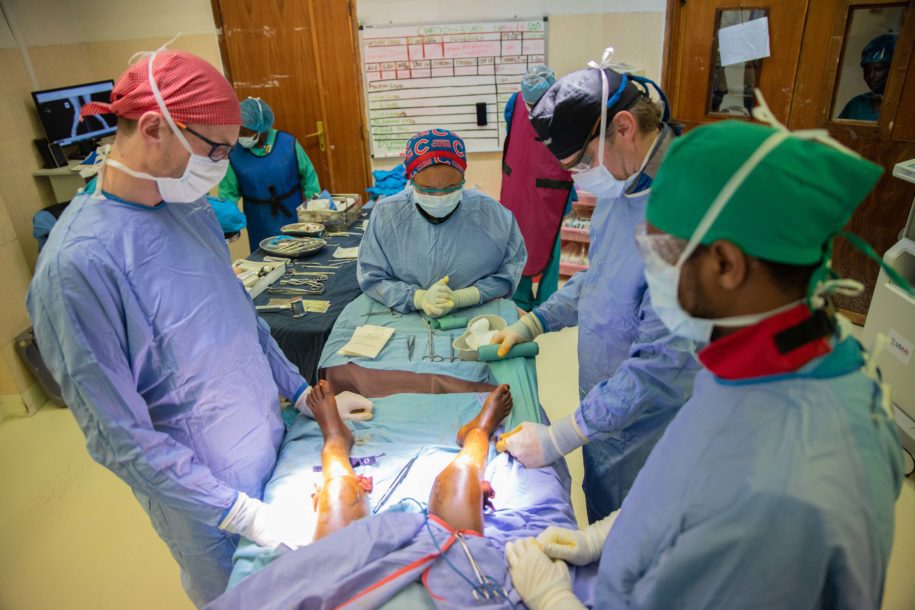
Over the next five years, Laurence was able to make annual trips to Ethiopia ranging in length from two to six weeks. On these trips, he ran trauma courses and strengthened his relationships with CURE surgeons and nurses. And, in 2016, after a Christian Medical Fellowship Conference, Laurence and his wife decided to move the family overseas. “CURE was really the obvious organization to work with overseas. We have a shared vision and CURE clearly has a huge impact in every country where they work,” Laurence said.
Laurence and his family moved to CURE Ethiopia in March 2020 and feel that it is a real privilege and honor to be partnering with the Ethiopian orthopedic community. He is appreciative of the opportunity to weave his work and faith together in a hospital that prioritizes spiritual health alongside physical health. He also muses how his life has the potential to witness not only to his patients and co-workers but also to his friends and relationships back home.
About the CURE Children’s Hospital of Ethiopia
Established in 2008, CURE Ethiopia performs over 2,500 life-changing reconstructive and orthopedic surgeries every year for children suffering from treatable disabilities. Strategically located in the capital city of Addis Ababa, the teaching hospital has 70 beds and four operating rooms. CURE International uses this facility to multiply its efforts by partnering with The College of Surgeons of East, Central, and Southern Africa (COSECSA) to serve as a regional learning institution by implementing an orthopedic pediatric training program at the residency and fellowship levels. In addition to world-class clinical service, CURE Ethiopia ministers to the emotional and spiritual needs of patients and their communities.
